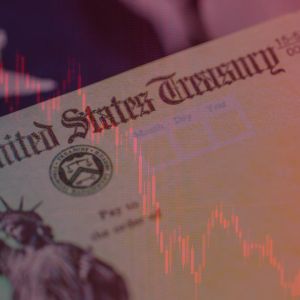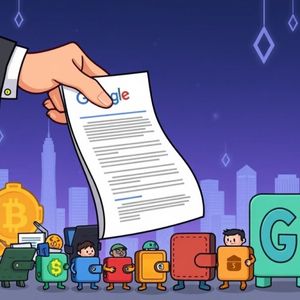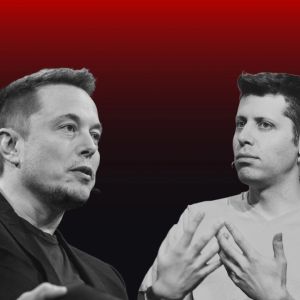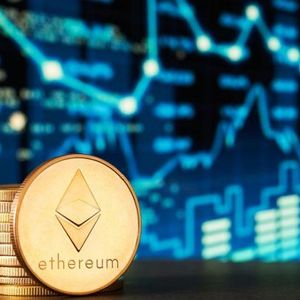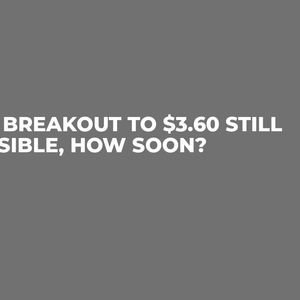U.S. Treasury yields dropped on Wednesday, driven by the latest inflation data. The 10-year Treasury yield fell by roughly three basis points to 4.255%, while the 2-year Treasury yield was down over one basis point at 3.711%. Inflation data came in softer-than-expected, with the Bureau of Labor Statistics showing the Consumer Price Index (CPI) for July held steady at 2.7%. Analysts at Goldman Sachs and JPMorgan had forecasted a 2.8% year-over-year rise in inflation, up from 2.7% the previous month. Tariffs’ impact inflation data Reaction to US Inflation July core CPI rose 0.3% MoM, up from June’s 0.2% and in line with the long-run average. The uptick challenges the Fed’s disinflation narrative, but markets leaned dovish—USD fell and Treasury yields eased as traders priced in higher odds of a 2025 rate… https://t.co/dkLseaDMwm — Exness (@EXNESS) August 12, 2025 The U.S. Bureau of Labor Statistics showed that core inflation data has been surging in recent months, rising by roughly 3.1% in July 2025 from July 2024. Core CPI has climbed from a 2.9% annual pace in June, making it the fastest annual rate for core CPI since February. Deputy chief U.S. economist at Oxford Economics, Michael Pearce, expects core inflation to rise further to a peak of 3.8% by the end of the year. He believes tariffs will trickle their impact more to consumer prices. U.S. President Donald Trump said Tuesday that Tariffs have not caused inflation or any other problems for the country. He also argued that consumers aren’t paying the tariffs, but it is most companies and governments that are paying. Deutsche Bank analysts said in a note that it’s worth noting that the effective tariff rate has fluctuated significantly in recent months when analysing the tariff impact. They argued that tariffs haven’t moved up in a straight line, which makes it trickier to gauge the full impact. The bank’s analysts believe that it may take some time before there’s a clear signal on the impact of tariffs on inflation, since a flurry of levies was imposed as recently as August 7. They also believe that more tariffs on pharmaceuticals and semiconductors are in the pipeline. Chief economist of Moody’s, Mark Zandi, claimed that tariff policies have had an impact on the inflation report. He also maintained that they could lead to a bigger impact in the next couple of months. Core CPI, which excludes food and energy commodities, rose 0.2% in each of the last two months. Zandi also acknowledged that their rise is clear evidence of tariff impact. Core commodity inflation also rose at its fastest since 2022, reaching 1.2% in July. Pearce said there are clear signs that a range of goods prices are moving higher, pushing core goods inflation to a more than two-year high. Sarah House, a senior economist at Wells Fargo Economics, noted that the full effect of tariffs will likely be dragged out over several months till businesses know where tariffs settle. She also believes that companies may still be selling old inventory that wasn’t subject to import duties. Investors expect the Fed to cut rates in September Federal Reserve Chair Jerome Powell said last month that the economy is still far from seeing where trade policies settle down. The latest inflation report came ahead of the Fed’s August 21-23 meeting in Jackson Hole, Wyoming. Investors are now expecting three rate cuts this year so that the Fed can change its monetary policy decisions. According to CME’s FedWatch Tool, traders’ expectations for a rate cut at the Fed’s September meeting rose to 98.1%. The probability that the central bank will change rates in October also rose to 67.1%, while December sees a 57.3% chance. “Jerome ‘Too Late’ Powell must NOW lower the rate. The damage he has done by always being Too Late is incalculable.” – Donald Trump , U.S. President. Richmond Fed President Thomas Barkin argued that it’s still unclear whether the central bank will prioritize inflation control or support for the labor market. He argued that tariff negotiations, tax laws, and consumer sentiment were improving. Barkin believes there will be pressure on inflation as well as on unemployment, but the balance between the two still remains unclear. Cryptopolitan Academy: Coming Soon - A New Way to Earn Passive Income with DeFi in 2025. Learn More
